Discover the not-so-sweet truth about added sugar. Where can added sugar be found? Is it actually detrimental to your health? Read on to recognize where added sugars are in your everyday life and how it can affect you.
What are Added Sugars?
To start, added sugars are the sugars that are not naturally occuring in your food. These sugars are added into foods to make them sweeter and more tasty.
Foods with naturally occuring sugars include fruit, milk, some veggies, and grains. In addition, honey and agave nectar are two forms of natural sugar that can be used to naturally sweeten your foods.
Natural sugars differ from added sugar. Naturally occuring sugars in foods like fruits come with added nutrients- fiber, vitamins, and minerals! Added sugar is exactly that. Sugar is added to a food. That’s it.

How Much Added Sugar Should You Have?
The U.S. Food and Drug Association (the FDA) sets the Daily Values (DV) for the amount of added sugars Americans should have in a day. The DV for added sugar is 50g, based on a 2,000 calorie diet. 1
That means, if someone typically consumes 2,000 calories in a day they should not be consuming greater than 50g of added sugars. Another way to picture this is, if someone consumes 1,500 calories in a day they shouldn’t have over 37.5g of added sugar in their day.
Unless you are meticulously reading food labels you probably have no clue what 50g or 37.5g actually looks like in terms of quantity of sugar. 50g of sugar is about 12 teaspoons and 37.5g is about 9 teaspoons. Are you ready for me to blow your mind? A single can of coke has 39g of sugar. 39g! A seemly healthy snack of Yoplait yogurt has 26g.
Basically, added sugars have made a place in our foods for their ability to keep us coming back for more but research has shown that it is likely best for you to limit their intake.
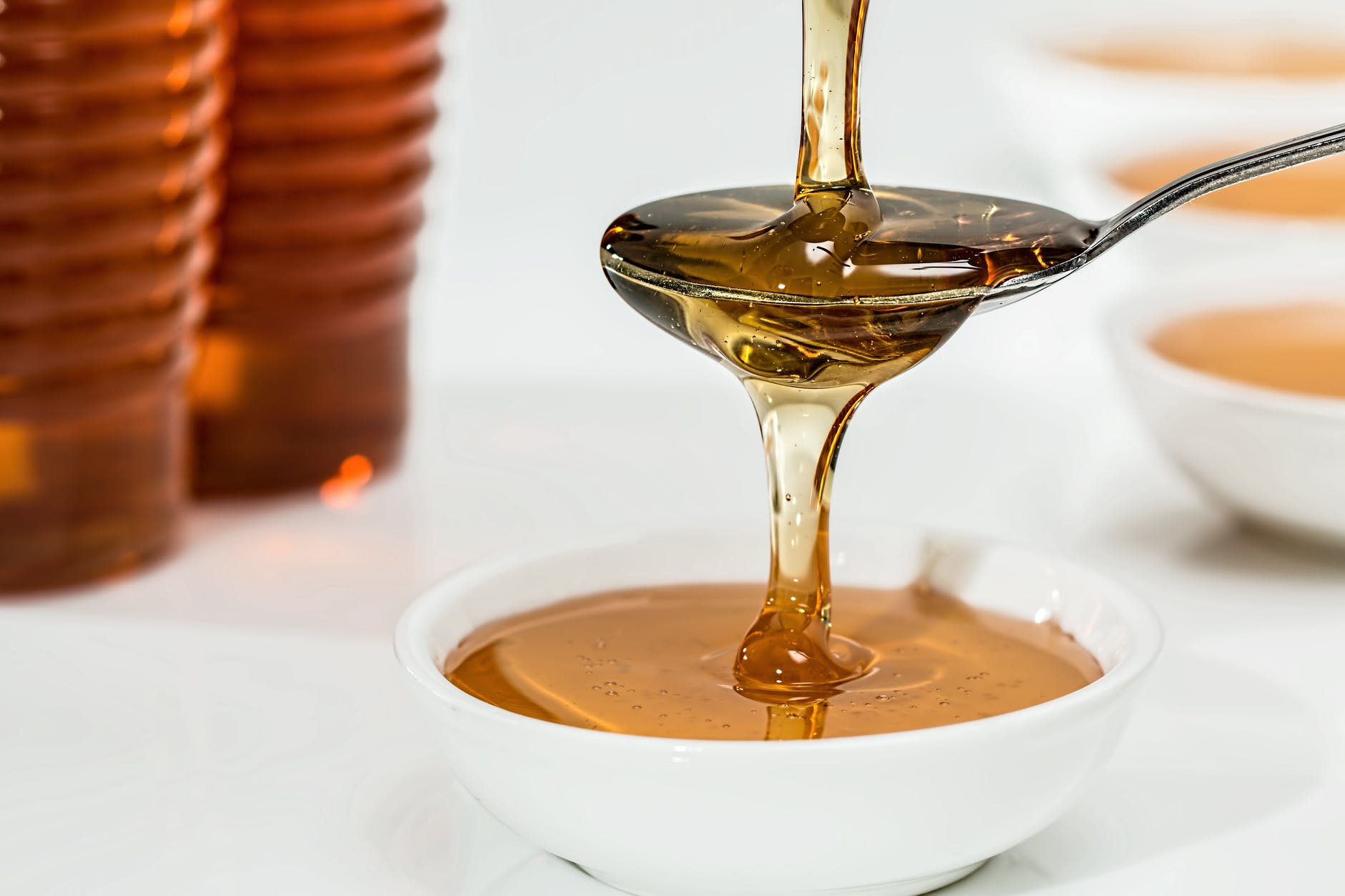
Hidden Names for Added Sugar
It’s not just the term ‘sugar’ that you need to look for on your food labels. Added sugars can disguise itself under quite a few different names.
Beyond the more simple alternatives such as brown sugar, cane sugar, corn syrup, confectioners sugar, beet sugar, date sugar, coconut sugar, turbinado sugar, or maple syrup there are added sugars with some deceiving names. Some versions come with a better connotation than others. Doesn’t a food with coconut sugar sound like it would be ‘healthier’ than if it was just labeled sugar?!
If you’re on the hunt for added sugars in your food don’t forget that high-fructose corn syrup, blackstrap molasses, maltodextrin, maltose, sucrose, fructose, dextrose, etc. all count!2 There are tons of names for added sugars so, if you’re attempting to entirely cut them out of your diet you’ll have to stay on your toes with your label reading!

Health Issues that Come Along with too Much Added Sugar
It is common knowledge that consuming an abundance of added sugar isn’t too good for your health, but do you know what it actually can lead to?
Of course too much sugar can result in obesity simply due to it being calorie-dense. Further, there is evidence that too much added sugar supports the development of cardiovascular disease, high blood pressure, stroke, diabetes, kidney disease, and non-alcoholic liver disease.3
Simply eating any added sugars is definitely not the only way to develop any of these conditions and diseases, but consuming too much doesn’t help. The best advice is to consume added sugar in moderation. Know your portion sizes and balance your goals with your cravings!
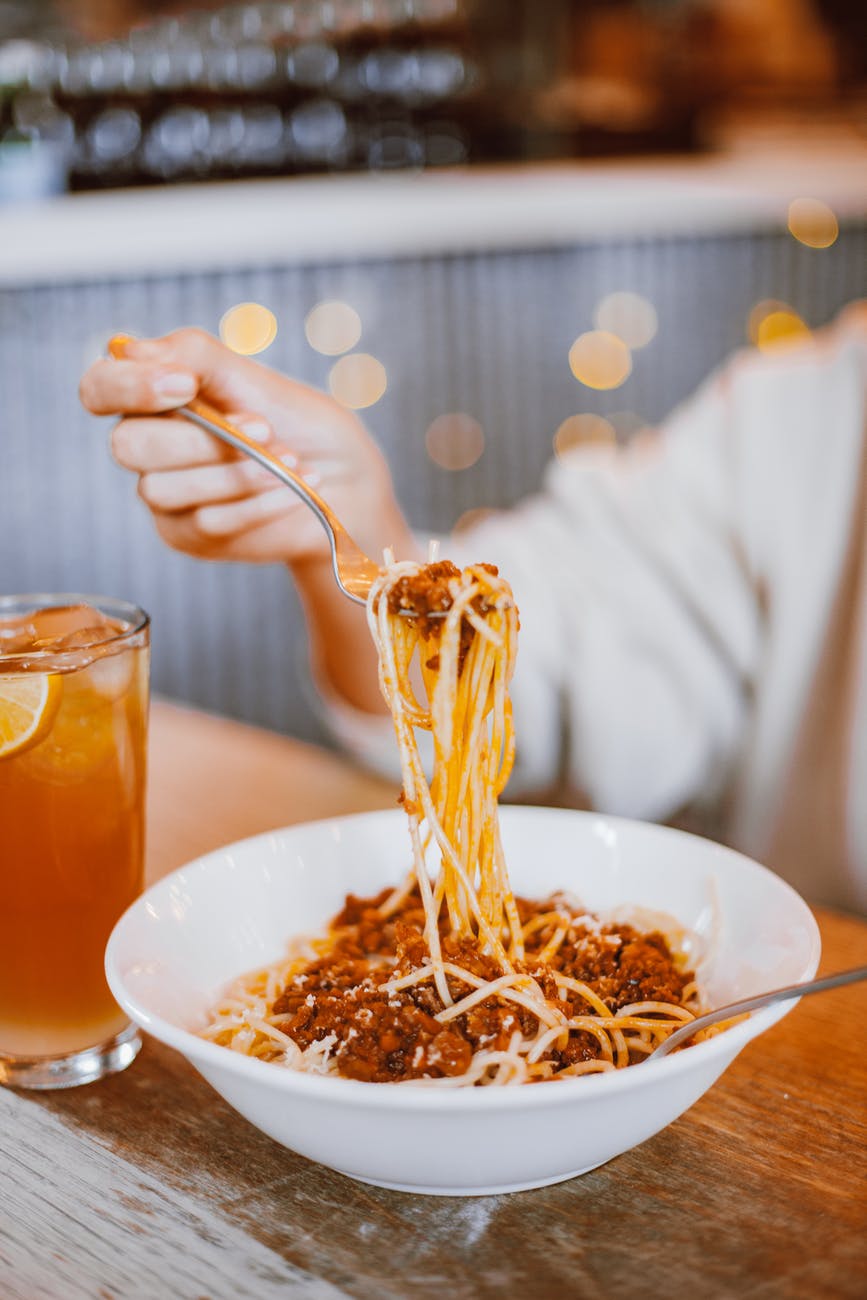
Foods with Added Sugar
Now that you know what added sugar looks like on an ingredient list you’re prepared to hunt down what foods you are eating that contain them. The thing is, there are many unexpected foods that have added sugar. Jarred marinara sauce, low-fat flavored yogurt, juice, barbeque sauce, plant-based milks, ketchup, electrolyte drinks, and granola are some very common foods saturated with added sugar.
You can look at a Food Label and it will tell you exactly how much added sugar is in the product. There is a specific line labeled added sugar. This isn’t to be confused with total sugar, another line on the Food Label. This amount refers to the combined total of natural and added sugars.
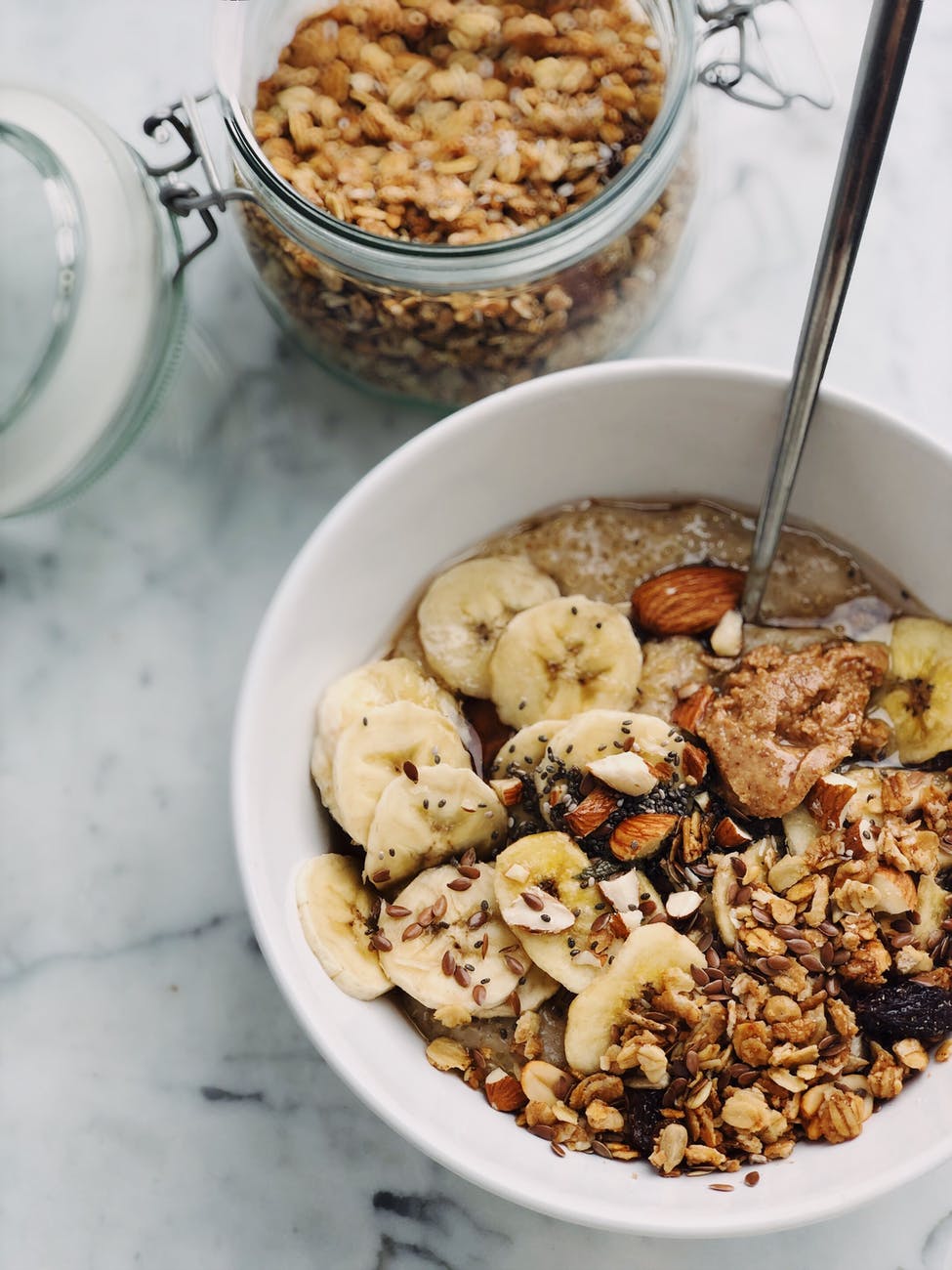
Ways to Reduce your Added Sugar Intake
There are endless ways to reduce your added sugar intake. What is feasible and apply to you is very individualized. There are always new products and ideas coming out, so this list is just a few ways you could start reducing your added sugar intake.
- Make added-sugar heavy foods at home
- If you have granola everyday it may be best to make your own at home, without sugar!
- Use sugar-replacements
- Research is not yet 100% clear on the long-term effects of sugar alternatives. As of now it is reasonable to say replacing some sugar with sugar replacements will not be detrimental to your health.
- Replace added sugar with natural sugar
- When baking you can replace some or all of the added sugar with something that is naturally sweet. You could use mashed banana or dates to keep your bake good sweet without loading it up with added sugar.
- Consider whole-fat foods
- Determining if you should be having low-fat or normal-fat foods is something to consider based on your priorities. Low-fat foods are typically recommended for a healthy diet but often times these low-fat foods will taste different than their regular counterpart. Because of this the food company will add additional sugar to compensate for the taste differences.

The Takeaway on Added Sugar
I don’t mean to scare you! Added sugar can definitely have a place in your diet, it’s just good to understand all of it! Added sugar is difficult- it has countless names, hides in unexpected foods, can have some unfavorable health outcomes, and can quickly add up!
Don’t get me wrong, knowing how much added sugar is in my granola isn’t stopping me from having it nearly daily!
Craving More?
Leave a comment about what you learned down below! I am so curious as to what information you are looking for!
If there are any other nutrition, fitness, or wellness questions or topics you would like covered you can always leave a comment or send me a message on Instagram!
Curious about more nutrition topics? I’ve got a ton of articles for you to pick from:
- How to Reduce Sodium in your Diet
- Fiber, An Important Carbohydrate
- Surprising Sources of Protein
- All About Multivitamins

References
- U.S. Food and Drug Administration. 2022. Added Sugars on the New Nutrition Facts Label. [online] Available at: <https://www.fda.gov/food/new-nutrition-facts-label/added-sugars-new-nutrition-facts-label> [Accessed 24 May 2022].
- Barnwell, A., 2018. Secret Sugars: The 56 Different Names for Sugar. [online] Virta Health. Available at: <https://www.virtahealth.com/blog/names-for-sugar> [Accessed 24 May 2022].
- Medicine, N., n.d. The Dangerous Truth About Added Sugar. [online] Northwestern Medicine. Available at: <https://www.nm.org/healthbeat/healthy-tips/nutrition/more-sugar-more-problems> [Accessed 24 May 2022].

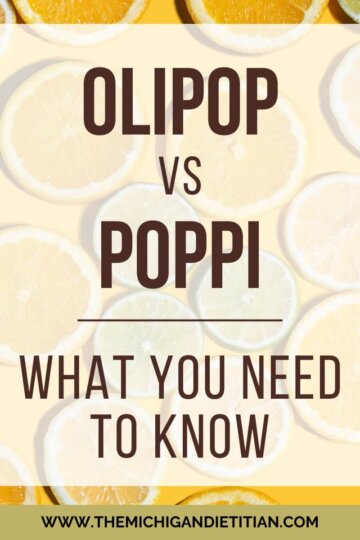


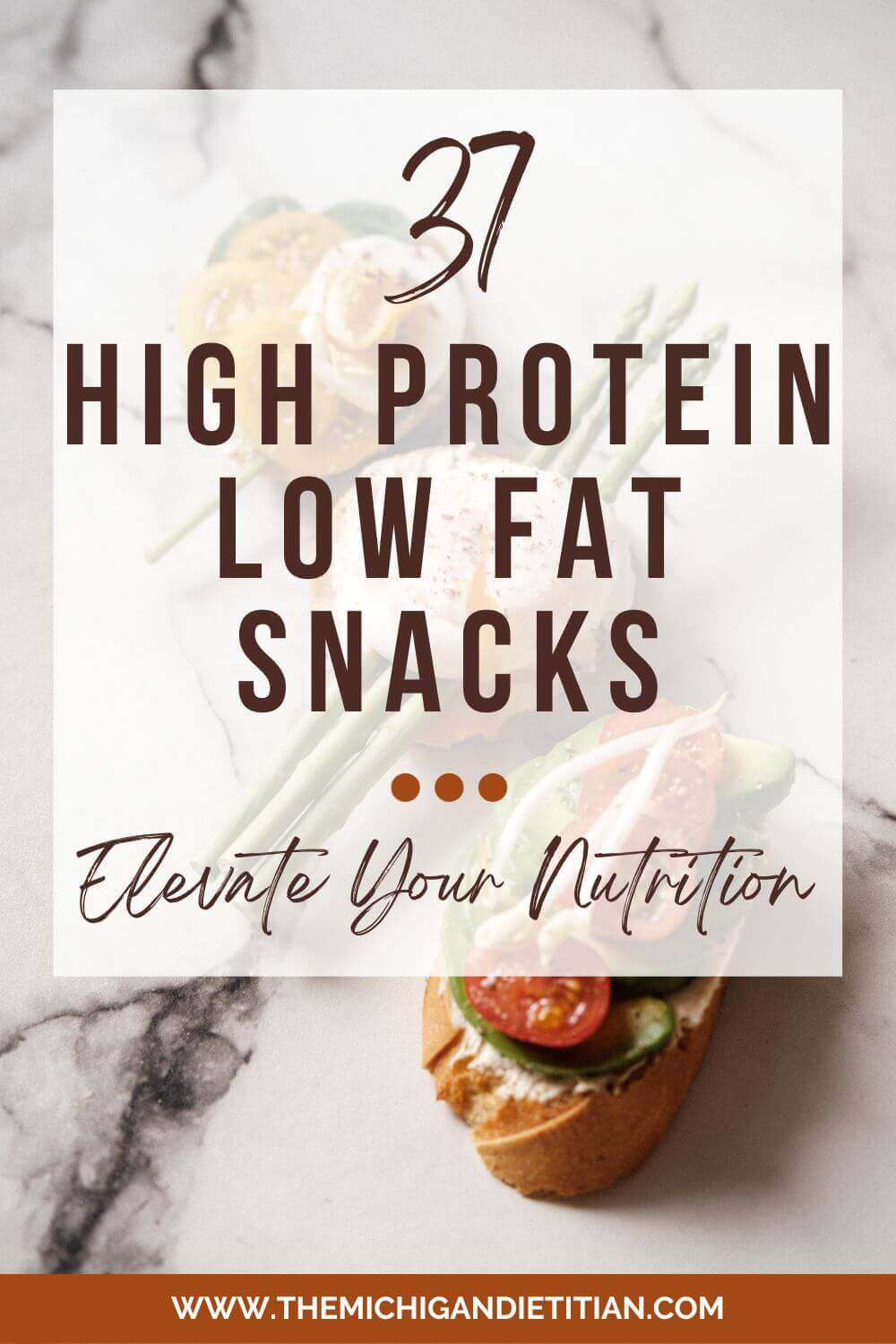
Leave a Reply